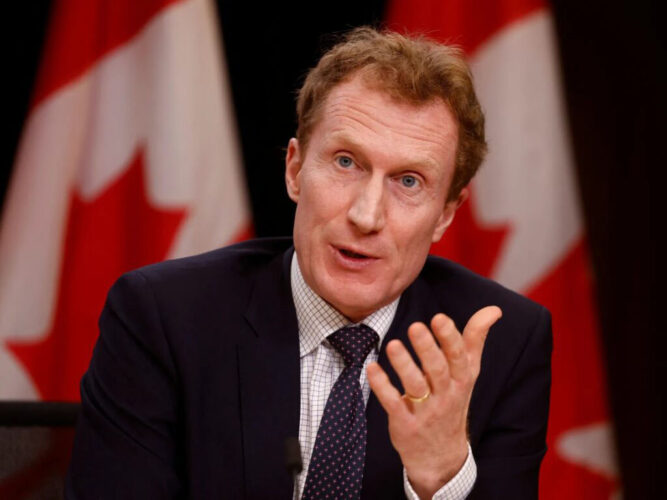Canada is making notable changes to its temporary residence programs to better manage the flow of temporary residents and safeguard the integrity of its immigration system. The government is reducing the cap on international student study permits by 10% for 2025 and introducing stricter eligibility criteria for work permits.
These adjustments, as stated in a news release on Thursday, are part of Canada's effort to align its immigration policies with evolving economic and humanitarian needs, while ensuring a sustainable system. A post from Immigration, Refugees, and Citizenship Canada on social media confirmed: "We’re taking these steps to strengthen our immigration system, address the changing needs of our country, and continue to grow our population responsibly."
In 2022, the Canadian government announced plans to limit the intake of international students. Now, the intake cap for study permits will drop from 485,000 to 437,000 in 2025, and this limit will remain in place through 2026. Additionally, updates to the Post-Graduation Work Permit Program aim to better match immigration goals with labor market demands. Starting later this year, work permits will only be granted to spouses of master's degree students in programs lasting at least 16 months and to spouses of foreign workers in managerial or professional roles or in sectors with labor shortages.
The government is also implementing further reforms to the temporary foreign worker program. As part of its goal to reduce the proportion of temporary residents from 6.5% to 5% of the population by 2026, Canada is tightening work permit eligibility, reinforcing employer compliance, and making labor market impact assessments more rigorous to combat fraud.
Immigration Minister Marc Miller emphasized the importance of a sustainable and well-managed immigration system, stating, "Not everyone who wants to come to Canada will be able to, and not everyone who wants to stay will be able to." He added that the government is committed to adapting the system to meet today’s economic demands and set newcomers up for success.
Minister of Employment, Workforce Development, and Official Languages, Randy Boissonnault, noted that the changes prioritize Canadian workers, ensuring that the Temporary Foreign Worker Program addresses genuine labor shortages.
The measures, the government says, will help maintain system integrity while responsibly growing the country's population.









